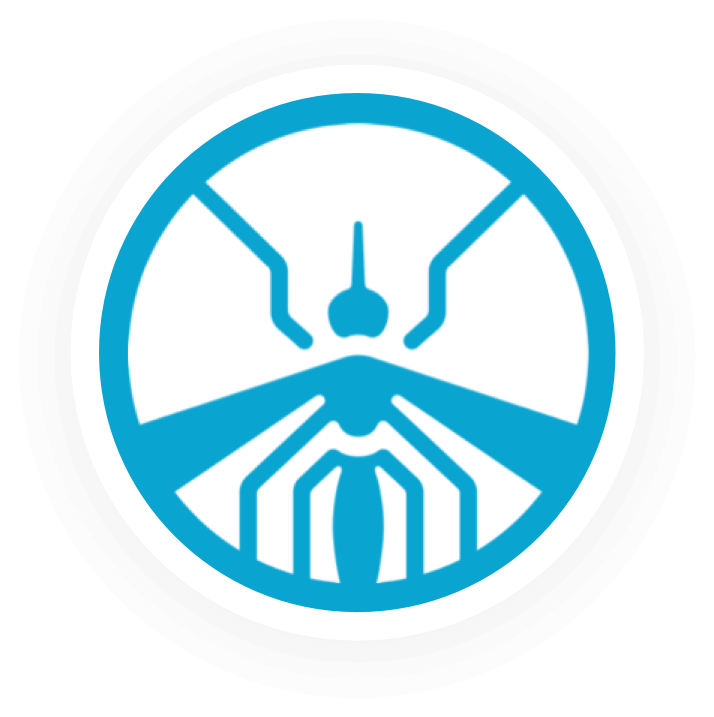The World Mosquito Program worked in La Paz to protect communities from mosquito-borne diseases like dengue, Zika, chikungunya and yellow fever.
In Mexico, dengue infection rates are projected to increase by 40 per cent in the next 50 years. Dengue poses a significant health burden across communities in La Paz, an urban area in the state of Baja California Sur. During 2013 and 2014, Baja California Sur experienced a dengue epidemic, with 8090 confirmed cases. For that period, La Paz had the highest numbers of confirmed cases in Mexico.
After conducting laboratory studies to examine the impact of Wolbachia on dengue and chikungunya viruses, and engaging with the community to explain our Wolbachia method and gain their acceptance, we released Wolbachia-carrying mosquitoes across La Paz from 2019 to 2021.


Following the signing of the project agreement in June 2017 between Monash University and Baja California Sur Health Secretariat, the project engaged with the community to explain how the Wolbachia method works to prevent mosquito-borne diseases.
Community engagement is an important part of the project. We needed to connect with people from a wide variety of backgrounds, experiences, ages and ability to access information. So, during 2018 and 2019, we worked through different media to engage across the community.
In La Paz, public acceptance of the project (prior to release of mosquitoes) was 92 per cent in an independent public opinion survey.
We finished the releasing of Wolbachia-carrying mosquitoes across the project areas. The community enthusiastically supported our project in La Paz, with nearly 1400 volunteers helping to release mosquitoes, host bug traps and promote the project.




